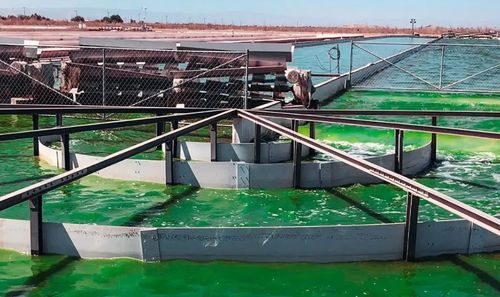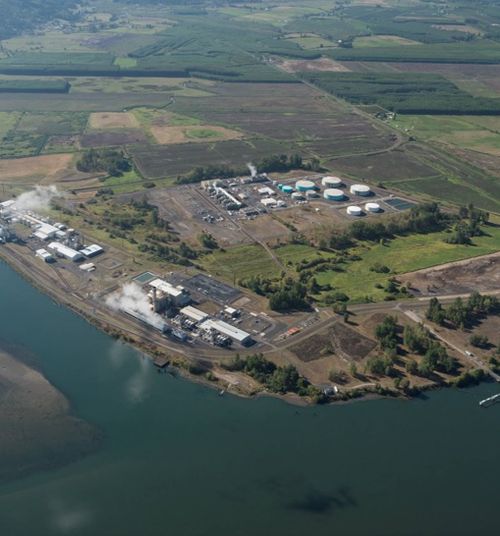EnCap Energy Transition earlier this month announced that it closed its second energy transition fund with $1.5bn in commitments – making it one of the largest such vehicles in the sector.
On paper, EnCap Energy Transition Fund II (EETF II) is lining up a pipeline of investments in renewables, energy storage, clean fuels and carbon solutions. But in reality the fund likely won’t be making investments in clean fuels for two main reasons, Managing Partner Jim Hughes said in an interview.
The first is that, notwithstanding the policy support provided for the clean fuels sector in the Inflation Reduction Act, the incentives are still not enough to bring down the cost of fuels and make them competitive, Hughes said. Many projects similarly face potentially expensive challenges in meeting compliance requirements for the tax credits, particularly under 45V.
He cited the likely need for federal mandates in the U.S. akin to those in Europe to truly get the sector off the ground, an unlikely outcome given the current U.S. political and policymaking environment. And he pointed to the example of unleaded gasoline in the U.S., where policymakers attempted to incentivize the phasing out of lead in gasoline before finally mandating its prohibition.
Another issue that Hughes foresees with the sector is the mismatch in the investment cycle. Hydrogen hubs, for example, will take around 10 years to get up and running, he believes, while EnCap’s investment period is less than that.
EnCap has also learned from experience with its investment in Arbor Renewable Gas, which is held in EETF II. In 2022, Arbor contracted with SunGas Renewables to use its technology at its Spindletop Renewable Gasoline Project to convert woody biomass into renewable synthesis gas.
But the project, which targeted start-up in 2H24, has not found an offtaker, Hughes said.
“Do not count on the availability of firm long-term offtake until it is finally approved and committed,” he said. “Lots of tire kickers that spend a lot of time and resources but then never commit.”
The lack of offtake leads into the second reason EnCap will eschew clean fuels investments: what Hughes calls a “business tradition issue” where the liquid fuels market has not traditionally operated with long-term fixed price contracts.
For clean fuels, “the environmental attributes and the specific low carbon fuels cannot be cost effectively hedged,” he said. “In addition, the technology and business model risk make project finance impossible.”
He added that, without the availability of low-cost project finance, the cost of capital is much higher, making the investments uneconomic.
Meanwhile, the same investment cycle mismatch applies to the carbon solutions sector, such as carbon capture and sequestration, Hughes said. Class VI permits for injection wells from the EPA or states with Class VI primacy can take many years, potentially extending project timelines beyond EnCap’s desired investment turnaround period.
Additionally, Hughes believes there are a number unresolved issues with monitoring and securing the CO2 once it is sequestered underground.
“I think there is more subsurface risk than people are allowing,” he said.






